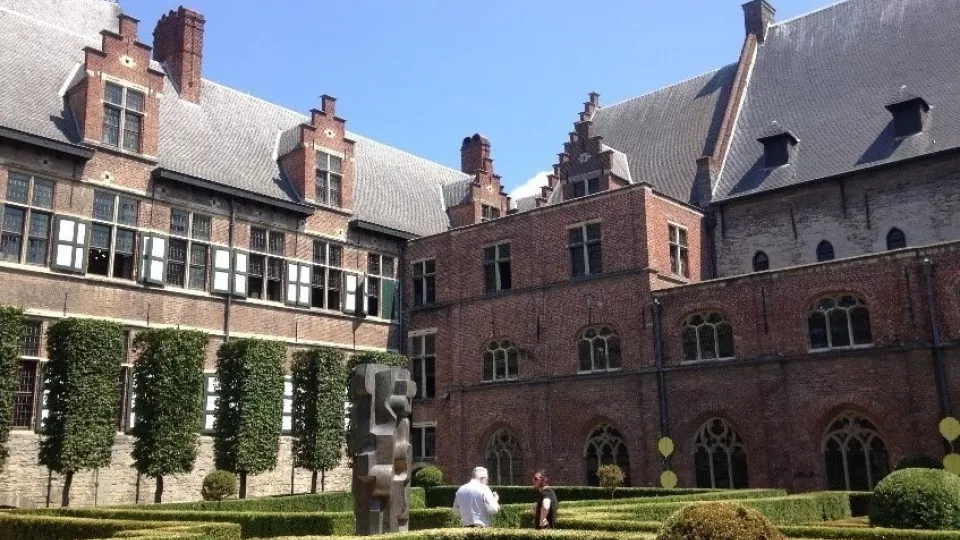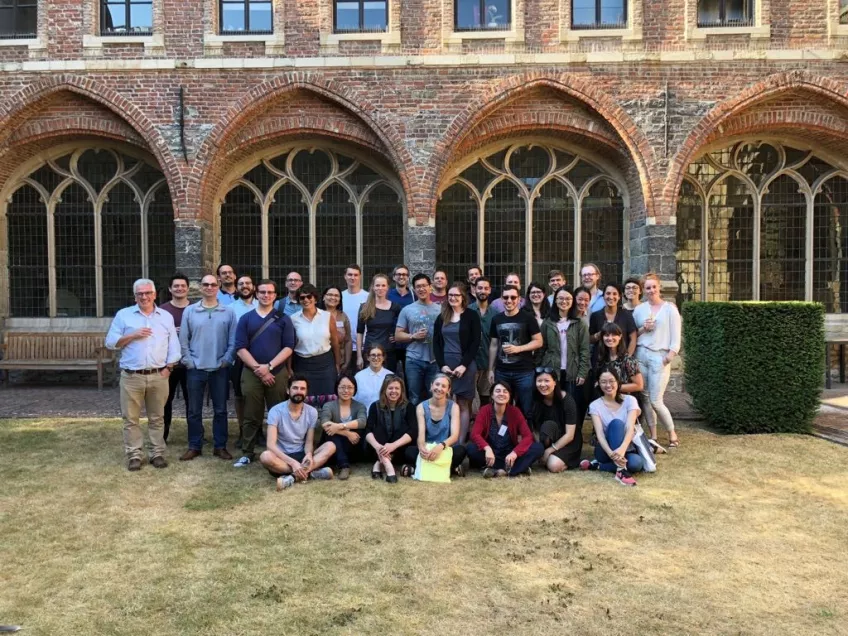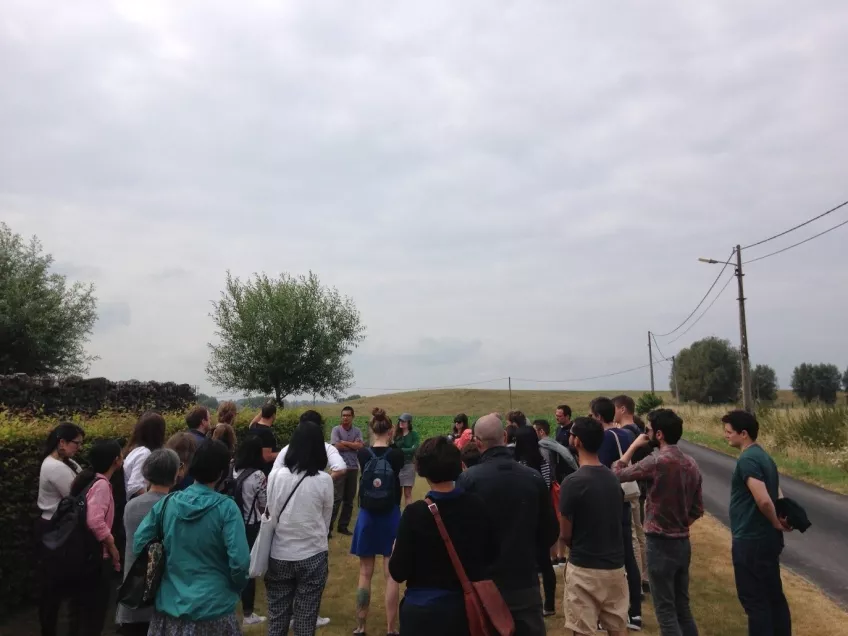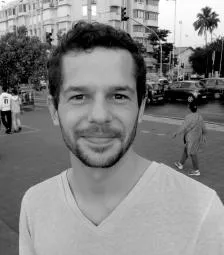What is the Summer Institute in Economic Geography?
The Summer Institute in Economic Geography (SIEG) represents a unique approach to advanced training, mentoring, and professional development for early-career researchers entering the field of economic geography, broadly defined, oriented to the highest standards of international practice.
When and where was the SIEG this year?
Since its inaugural meetings in 2003 and 2004, the SIEG has been meeting on a bi-annual basis at different locations around the world, bringing together an international and interdisciplinary group of early-career and expert scholars to discuss the historical development and future prospects of the broad field of economic geography.
This year, the 9th SIEG meeting was held in Ghent, Belgium in July 2018. Forty-four participants attended, including thirty-seven early career PhD and post-doctoral researchers, as well as seven renowned experts in economic geography from around the world. When not out on excursions, meetings were held in two different ancient monasteries, Monasterium Poortackere and Het Pand.
What do you do at the SIEG?
The 9th SIEG took place over one intensive week, with various kinds of sessions and activities organised in the mornings and afternoons each day of the week. Sessions included plenary lectures by invited experts, thematic student-expert panel discussion sessions, fieldtrips, and receptions for socializing with other summer institute participants.
One highlight of the SIEG was the opportunity to hear from and discuss with leading experts in the field of economic geography. The invited plenary speakers were very diverse in terms of their experience, geography, etc., which really enriched the content of the program with many perspectives. This also laid the foundation for often intense, always fruitful, discussion among the group.
Thematic student-expert panels
In relation to the topics covered by plenary speakers, a number of panel discussion sessions were organised where SIEG participants would join experts to present thoughts on a particular theme, and then lead an open discussion with the entire SIEG group. The thematic topics covered a variety of issues, all which aimed to turn a critical eye towards the practice of economic geography itself.
As an interdisciplinary sustainability scientist, I was asked to participate as a panel member for the theme “Locating economic geography in interdisciplinary space”.
I spoke on two related topics, 1) how different theories of science provide different questions regarding whether interdisciplinary research is desirable, and 2) on the centrality of analysis of concrete cases in knowing which disciplines will be needed to draw on in scientific research, the main idea being that researchers should motivate the necessity of bringing in different disciplines when conducting research of complex problems.
The panel themes included:
• What is economic geography for?
• Methodological progress in economic geography?
• Locating economic geography in interdisciplinary space.
• Global China, exceptional China?
• Policy, practice, activism.
• Practicing engaged pluralism.
What I learned by attending the SIEG
I learned many things from attending the SIEG. To start, I gained very much from having the amazing opportunity to discuss and debate with brilliant researchers from all over the world, many who, like me, are only beginning their careers in academia in the area of interdisciplinary geography. I also greatly benefited from discussions with and feedback from the expert guests, in particular Prof. Jamie Peck (among the founders of SIEG), who offered not only helpful insights into pursuing a career in the area of geography, but challenges us as young scholars to reflect critically on the field itself, and to see where we can contribute to the strategic development of economic geographic scholarship.
Finally, the unique format of the SIEG, where interdisciplinary and international participants are brought together purely for purposes of reflecting, discussing and growing the field, reminded me of the importance of having advanced study opportunities free from the stress of deliverables. The SIEG encourages self-critical reflection, not only as individual scholars, but as a collective working on the same field (in this case, economic geography).
Fieldtrips
Development of urban economies in Ghent
This fieldtrip, guided by a landscape researcher from the University of Ghent, was an historical excursion around the city of Ghent, which was a commercial center of Belgium, and the center of the textile manufacturing world, in the late 1700s through to the late 1800s. We explored how changes in the city’s economic position regionally and globally had impacted the form of urban development in the city, and what the most recent trends are in terms of neighborhood development and major industries. The city of Ghent has historically developed in a very unequal way, with the wealthy and poor residents being largely spatially segregated. While large areas of the city are increasingly geared towards high-end tourism or the booming university population, other working-class areas are experiencing high unemployment rates among other socio-economic problems.
Uneven development in the Kortrijk-Tournai-Lille border region.
In this field trip, guided by an expert on Belgian regional development, Michael Samers (Univ. of Kentucky), we toured the border land between Wallonia and Flanders to explore how differences in regional development policy and industrial sector have led to dramatically different development pathways for these two regions of Belgium. While Flanders has remained relatively affluent, with unemployment levels on average being low, the Wallonia region of Belgium, and particularly the Kortrijy-Tournai-Lille region bordering France, has remained relatively economically disadvantaged after the collapse of the major textile industries in the early 20th century. Today, while some major investments are being made in city development, large inequalities persist across this geographic region.




